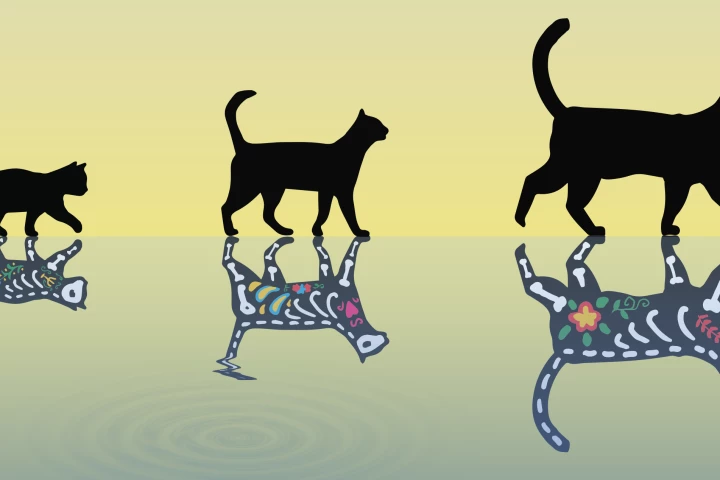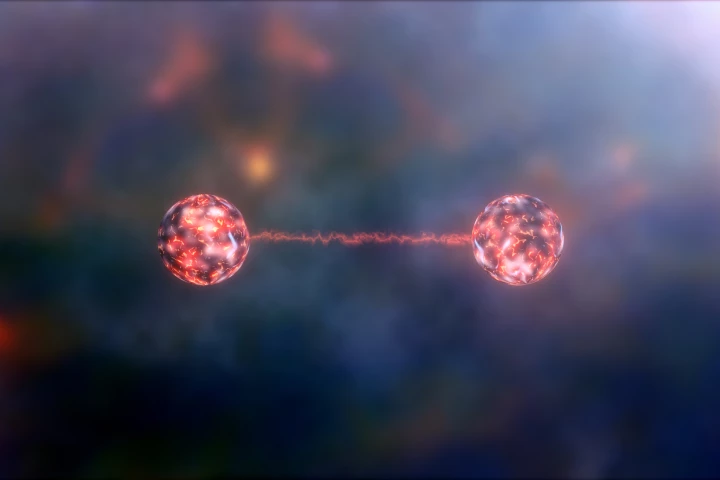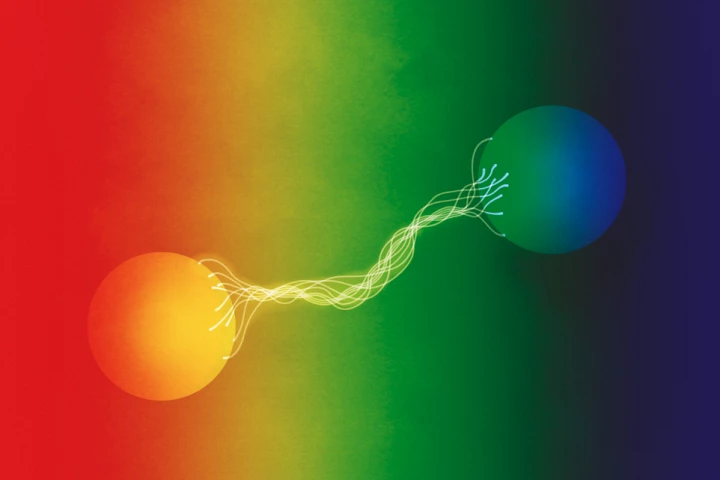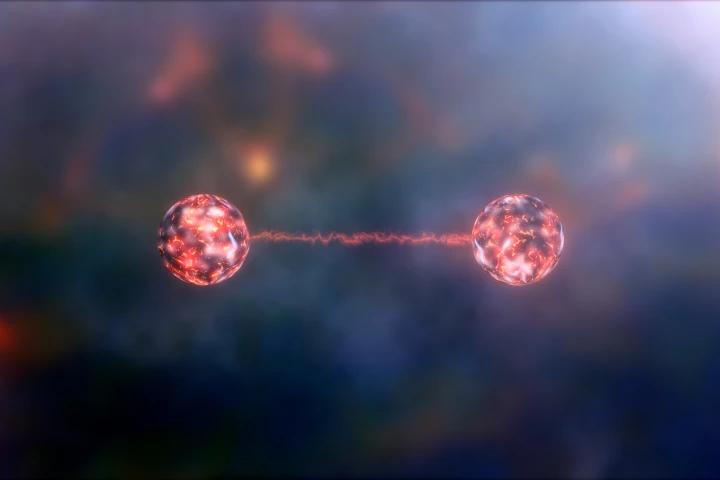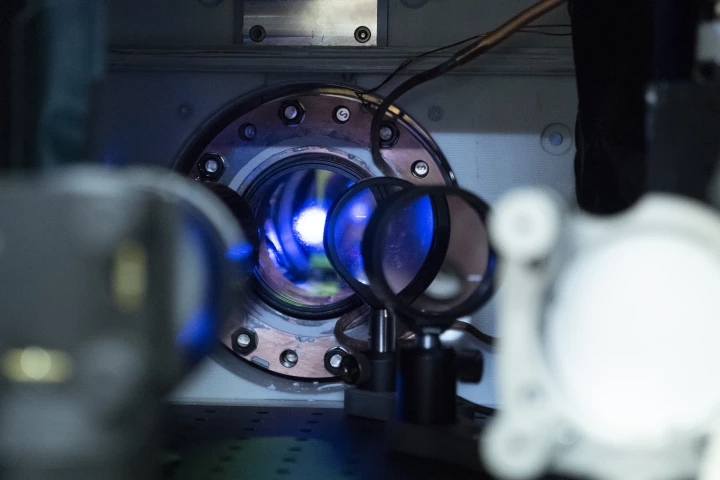Quantum Physics
-
The famous thought experiment of Schrödinger’s Cat neatly sums up a complex quantum phenomenon in terms we can visualize. Now scientists have created the heaviest Schrödinger’s Cat to date, probing the boundaries between quantum and classical physics.
-
Physicists at Brookhaven National Laboratory have discovered a completely new type of quantum entanglement, the spooky phenomenon that binds particles across any distance. This allowed scientists to peer inside nuclei in more detail than ever before.
-
Wormholes are a sci-fi staple, and and it's possible that they exist in the real universe. But how would they work? Physicists have now used a quantum processor to simulate a traversable wormhole, teleporting information between two quantum systems.
-
The 2022 Nobel Prize in Physics has been awarded to three scientists, Alain Aspect, John F. Clauser and Anton Zeilinger, who all conducted some of the first experiments with entangled photons, enabling a future for commercial quantum computers.
-
Scientists have developed a way to produce a web of quantum entangled photons using a far more simple setup than usual. The key is a precisely patterned surface 100 times thinner than paper, which could replace a roomful of optical equipment.
-
University of Oxford physicists have linked two atomic clocks through quantum entanglement for the first time. The feat can help make these clocks so precise that they begin to approach the fundamental limit of precision set by quantum mechanics.
-
Physicists at the Max Planck Institute have developed an efficient new method to drive the quantum entanglement of photons, and demonstrated it by entangling a record number of photons. The technique could be a boon for quantum computers.
-
Researchers in Germany have demonstrated quantum entanglement of two atoms separated by 33 km (20.5 miles) of fiber optics. This is a record distance for this kind of communication and marks a breakthrough towards a fast and secure quantum internet.
-
Scientists have created a “quantum flute” that can coax photons to move in sync and interact with each other, which they almost never do in nature. The device could help improve future quantum computer designs.
-
It may seem like electronics will always get faster, but at some point the laws of physics intervene. Scientists have now calculated the absolute speed limit – the point at which quantum mechanics prevents microchips from getting any faster.
-
The flow of time isn’t as consistent as we might think – gravity slows it down, so clocks on Earth tick slower than those in space. Now researchers have measured time passing at different speeds across just one millimeter, the smallest distance yet.
-
Random numbers are crucial for computing, but our current algorithms aren’t truly random. Researchers at Brown University have now found a way to tap into the fluctuations of skyrmions to generate millions of truly random numbers per second.
Load More
